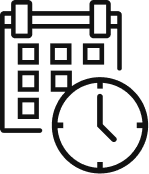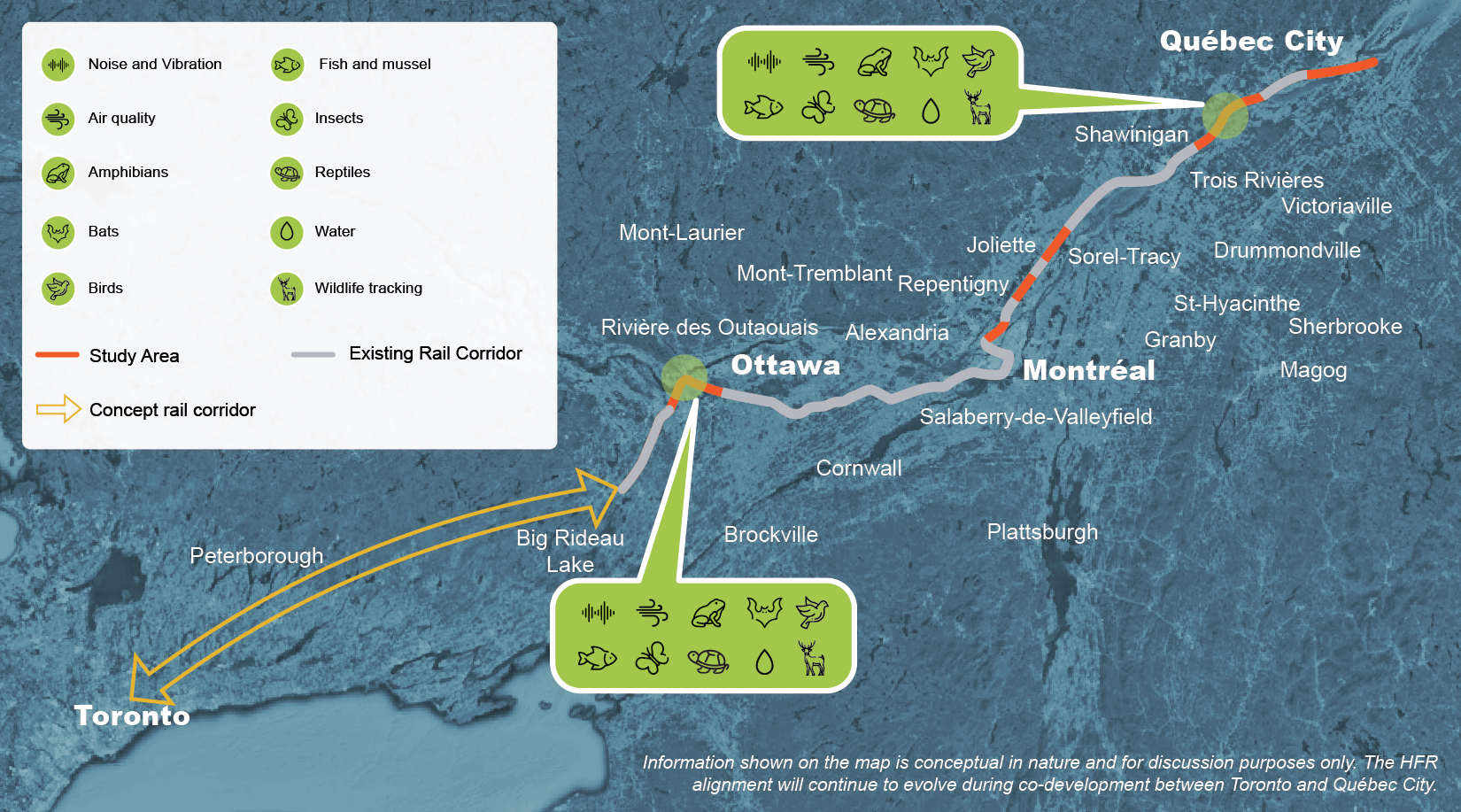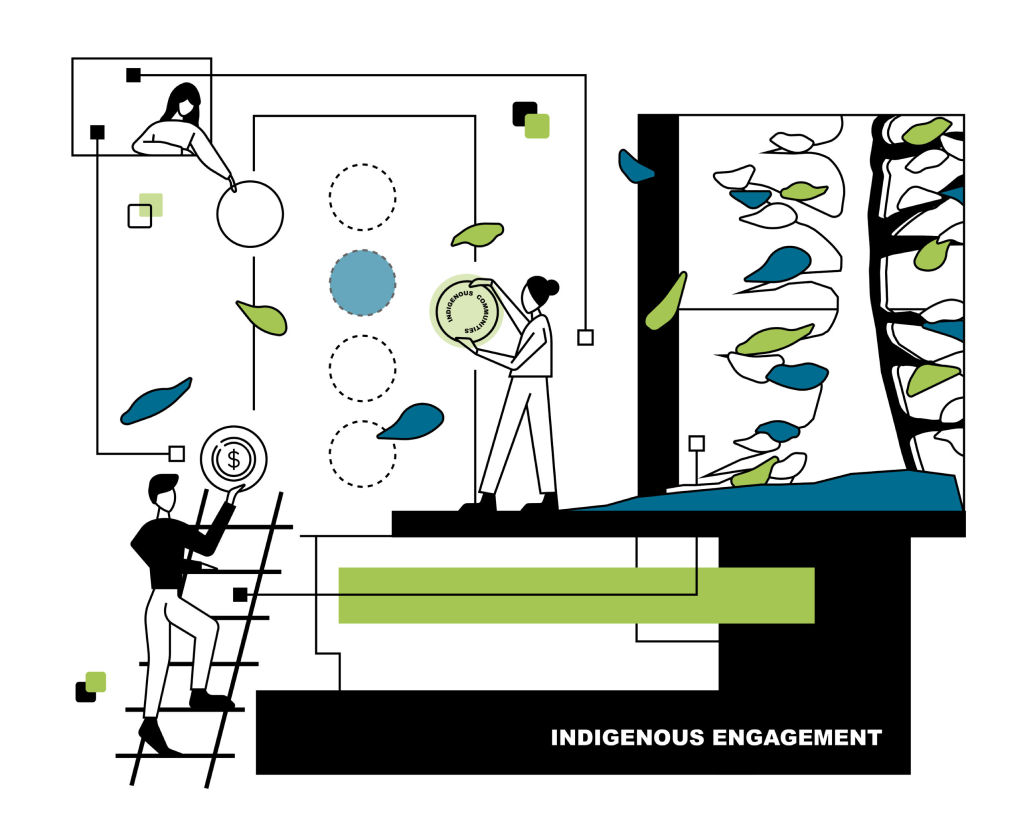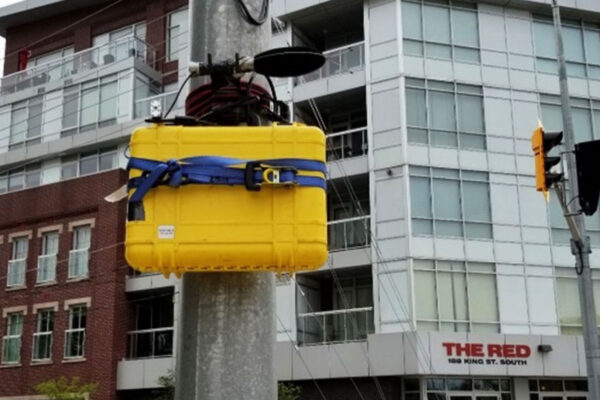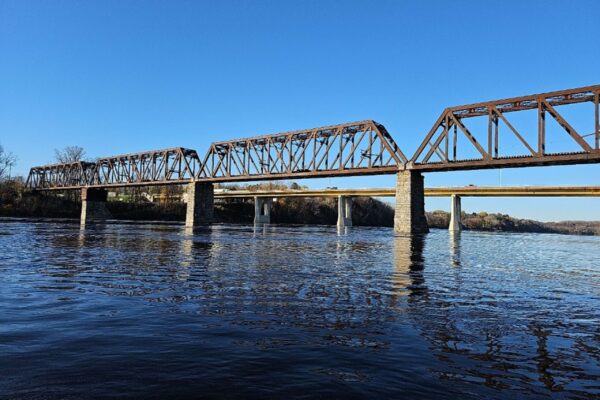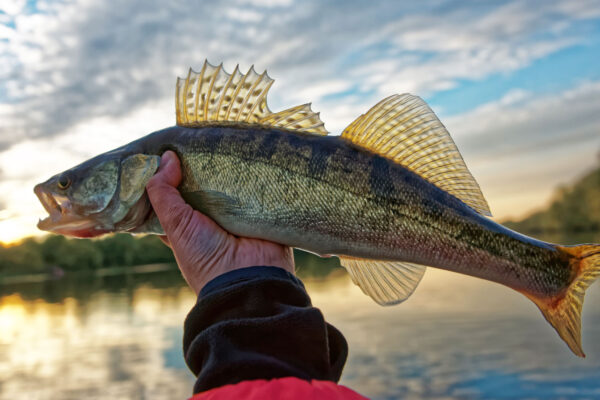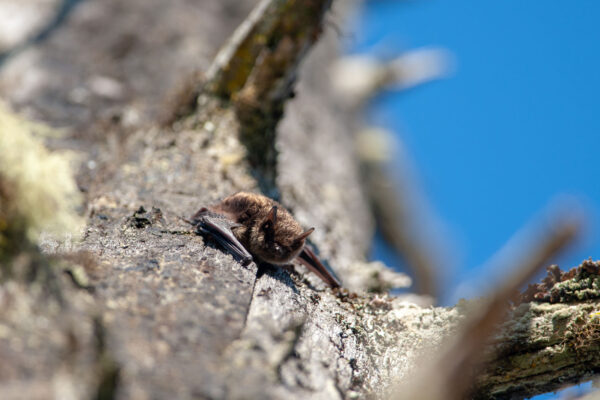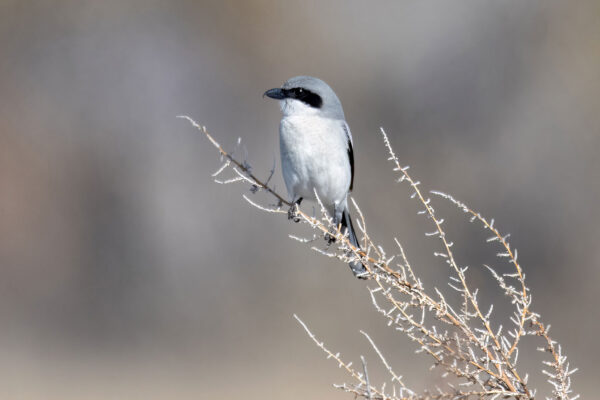High Frequency Rail
hfr-tgf
High Frequency Rail
hfr-tgf
Where are we now?
We are in the pre-planning phase of the Impact Assessment, which will be followed by five more phases.
What field studies are being conducted?
In 2024, we plan to advance the following field studies:
Noise and Vibration (June - August)
Air Quality Monitoring (May - September)
Amphibians (April - June)
Bats (June - September)
Birds (April - July)
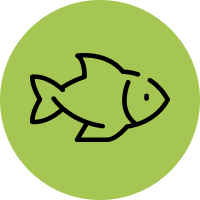
Fish and Mussels (June - November)
Insects (June)
Reptiles (May - June)
Water (April - October)
Wildlife Tracking (December)
Why are field studies happening now?
This large, complex project will require many environmental studies and each requires careful thought. Some studies require extensive data that can take years to collect, while others can only happen within specific seasonal windows. In 2024, field studies will focus on existing railway routes. Information gathered in these areas will be helpful as project plans continue to develop.
Overall, field studies are required to take place over several years to gain thorough knowledge of the environment and how it may change when building and operating the new railway.

Latest Studies
High Frequency Rail
hfr-tgf
Stay updated.
Keep up to date with the project's development by subscribing to our monthly newsletter!

Quick Links
Legal
Follow us:
© VIA HFR - VIA TGF Inc. 2023

